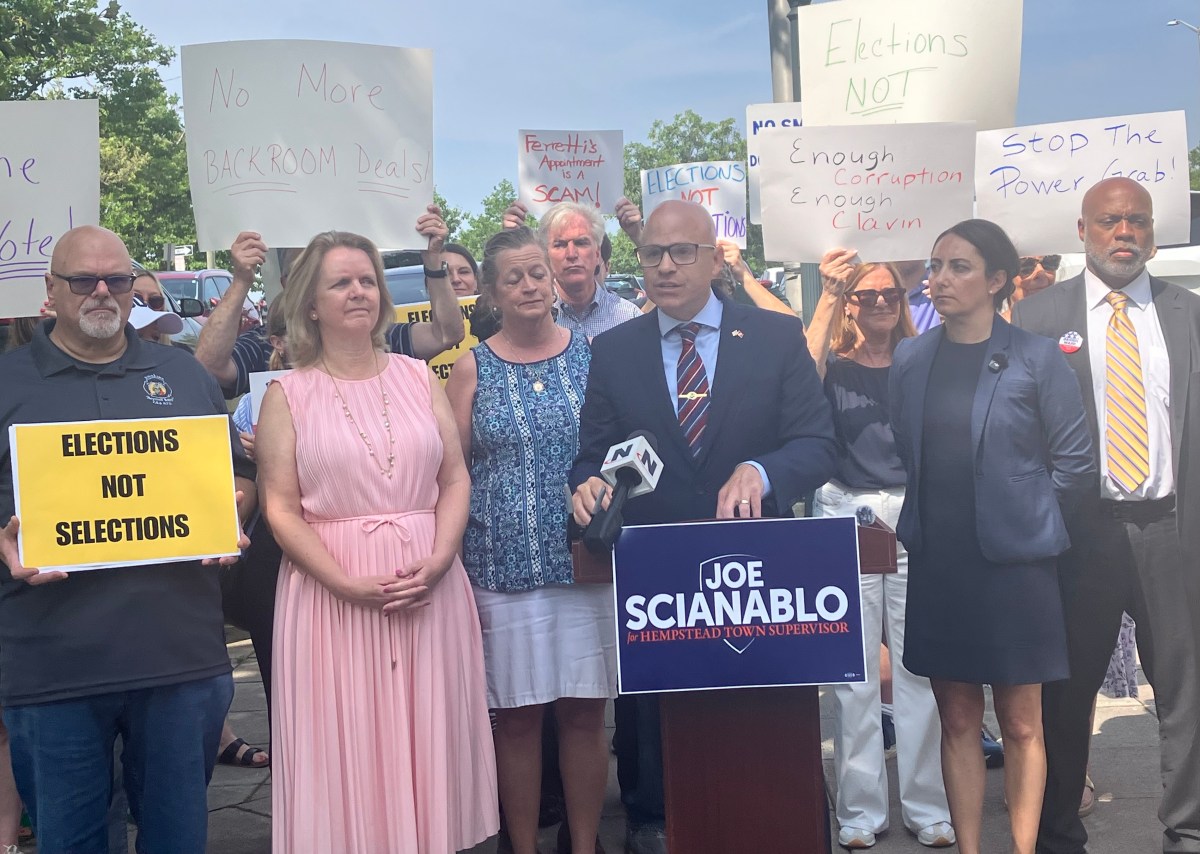As if working from a single script, the pundits weighed in last week on Chief Justice John Roberts’ pivotal role in upholding the constitutionality of the affordable healthcare act that has been President Obama’s signature legislative achievement. Seen as part of the court’s solid conservative bloc, Roberts stunned everyone and drew the ire of saber rattlers on the right when he joined the liberal justices to give the so-called Obamacare its 5-4 vote to remain on the books. It was the view of many a commentator that with this action, Roberts finally asserted himself as the court’s leader – that how “swing vote” Justice Anthony Kennedy came down on matters before the brethren would no longer eclipse Roberts’ role as the chief.
Given all that was riding on this healthcare issue and the strong media penchant for hyperbole, over-the-top interpretations of the Roberts vote aren’t all that surprising. But we’ve seen this movie before — great expectations sort of dying on the vine. The mayoralty of New York was an office that Mark Green seemed to have all but sewed up in 2001 until he put on one of the great self-destruction acts in New York City politics. It was with much pomp and circumstance, as well, that Texas Governor Rick Perry was championed as the ultimate presidential hope of conservatives in the current cycle, until reality stepped in and his candidacy cratered. So too could it be tricky to see Roberts’ vote on healthcare as telegraphing a whole lot…at this stage. There’s an enormous gulf between Roberts ruling that, not under the provisions of the Commerce Clause but within the government’s power to tax, the law was constitutionally permissible, and the ground-breaking decisions authored, for example, by the court of Republican Chief Justice Earl Warren more than half a century ago.
Let’s not forget that, at his core, Roberts is a conservative, as CNN legal analyst Jeffrey Toobin reminded viewers. He is still firmly of that group on the court that facilitated the moneybags mess that this election has turned into. And reaffirmed the mischievous action, even having seen its deleterious effect on the electioneering process, in a case also last week that asked the court to revisit the issue.
What’s indisputable about Roberts is that he possesses a brilliant legal mind. Which sets the stage for all manner of speculation about what prompted him to vote in a way that turned convention in the current court on its head. One might dare hope that his brilliance isn’t of a form akin to Antonin Scalia’s whose legal scholarship has long been shown to be subsumed by right-wing ideologue beliefs. One might dare think of Roberts concluding that if building a legacy as one of the court’s exceptional jurists is his aspiration, the Scalia template is hardly the preferred way forward. And the absolute nirvana of a frustrated progressive’s hopes and dreams: that Roberts would have come to see another Republican appointee, now retired John Paul Stevens, as much more worthy of emulation.
Roberts’ role in the healthcare ruling so dominated the national conversation, it tended to obfuscate Justice Kennedy’s performance. As we’ve maintained heretofore, the “swing” label for Kennedy on the court looks to be something of an overreach. He should perhaps be better referred to as a conservative who sometimes has not fallen in with the conservative wing. His healthcare vote was not one of those times. Kennedy in fact came out swinging for the fences on this legislation, writing a dissent that called for not parts of the bill but the entire thing to be struck down. Not much in the Kennedy take on Obama’s healthcare reform that smacked of “swing.”
Kennedy’s reputation as the court’s X factor won’t go away. But there’s no question that Roberts, with his game-changing vote last week, has injected an element of intrigue not formerly in the court. And the question becomes: To what extent was the Roberts vote aberrational or indicative of substantive compositional change? One assumes that Roberts himself knows the answer to that. What’s ludicrous is that so many experts, real and contrived, took to describing Roberts’ vote in sea change terms. Without a heads-up from the chief justice, how is this possible? What if every vote by Roberts over the next five years is straight down the conservative middle? Would he by then have reverted to not being the court’s true leader?
Still in his 50s, Roberts is looking potentially at quite a long court tenure. The respectable legacy theory gets to be a bit more appealing. Still, we cannot lose sight of what has framed Roberts. His has been a one hundred percent Republican journey. He worked in the administrations of Ronald Reagan and George H.W. Bush. He was clerk to the former associate Supreme Court justice and chief justice, William Rehnquist. He was nominated by George W. Bush to the Supreme Court first as associate justice and months later, upon Rehnquist’s’ death, as chief justice. Roberts, in other words, had a pre-high court career custom built for right-flank philosophy to be deeply embedded. The ability to interpret the law, absent such ideological orientation, is what has helped to define titans of the court over the years. Not just yet, but we’ll find out soon enough whether Roberts is so endowed and, if so, if he really wants to go there.






















